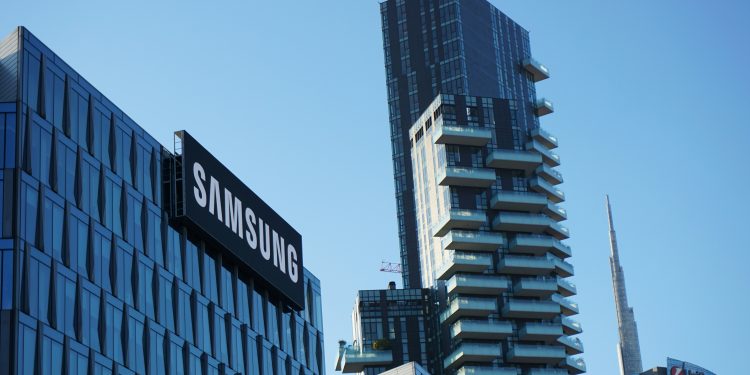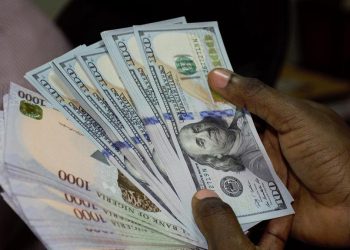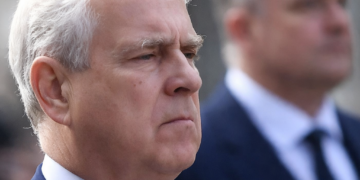In a decisive ruling that concludes a years-long legal battle, Samsung Electronics executive chairman Lee Jae-yong has been fully acquitted of fraud charges by South Korea’s Supreme Court. The verdict, delivered Thursday in Seoul, upheld two previous court decisions that cleared Lee of allegations he manipulated the 2015 merger between Samsung C&T and Cheil Industries to consolidate control over the Samsung conglomerate.
Prosecutors had accused the Samsung heir, who has led the company since his father Lee Kun-hee’s 2014 heart attack, of accounting fraud and stock manipulation. They alleged he inflated the value of Samsung Biologics to gain an unfair advantage in the $8 billion merger, a move they claimed was designed to ease his succession plans. The case became emblematic of South Korea’s ongoing struggle with chaebol corruption, as the nation’s family-run conglomerates face increasing scrutiny over corporate governance.
How It All Began
Lee’s legal troubles began in 2017, when he was convicted of bribing former President Park Geun-hye’s confidante to secure government support for the merger. After serving 18 months in prison, he received a presidential pardon in 2022, with officials citing his importance to South Korea’s chip industry during the COVID-19 pandemic. While Thursday’s ruling finally clears his name, the saga has exposed the tightrope walked by chaebol leaders between corporate strategy and legal jeopardy.

The verdict comes as Samsung Electronics faces mounting business pressures, from slumping smartphone sales to U.S. tariff wars. Lee himself acknowledged during the trial that the company must navigate “harder than ever” market conditions. Analysts suggest the resolution of his legal troubles could allow Samsung to focus on critical issues like semiconductor competition with TSMC and SK Hynix, though questions remain about reforming chaebol governance structures.
The Mixed Reactions to a Controversial Verdict
While the Federation of Korean Industries praised the ruling as enabling “swift decision-making” at Samsung, critics argue it perpetuates a system where chaebol leaders operate above the law. The court’s insistence that the merger accounting was lawful stands in stark contrast to prosecutors’ claims of financial engineering designed to benefit the Lee family dynasty. With Samsung accounting for nearly 20% of South Korea’s GDP, the implications of this case will reverberate far beyond the courtroom.
As Lee turns his attention to steering Samsung through global tech wars, the verdict raises larger questions about corporate accountability in South Korea. While the Supreme Court has spoken, the court of public opinion remains divided on whether this represents justice served or a missed opportunity for chaebol reform.
















